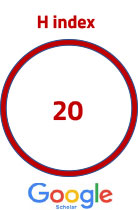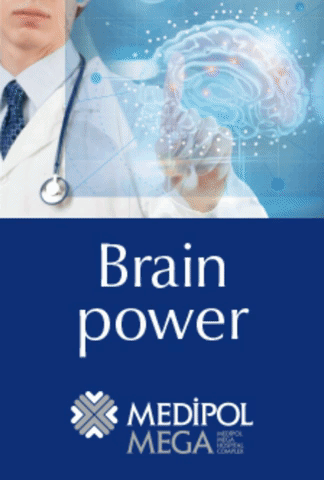| Acceptance rate | 46% |
|---|---|
| Time to first decision | 6 months* |
| Time to decision with review | 50 days* |
*Approximate number of days
**The days mentioned above are averages and do not indicate exact durations. The process may vary for each article.
ACTA Pharmaceutica Sciencia
2023 , Vol 61 , Num 1
JNK and p53 inhibition in regenerationcompetent cells of nerve tissue: a novel approach for treatment of ethanol-induced neurodegeneration
1 Russian Academy of Sciences, Tomsk National Research Medical Center, Goldberg Research Institute of Pharmacology and Regenerative Medicine, Tomsk, RussiaDOI : 10.23893/1307-2080.APS6104 Viewed : 6620 - Downloaded : 1583 This study aimed to explore the involvement of JNK and p53 in the implementation of nervous tissue regeneration-competent cell functions in ethanol-induced neurodegeneration. The studies were conducted on the C57B1/6 mice. Ethanol-induced neurodegeneration was modeled in vitro and in vivo. The effects of the JNK and p53 inhibitors on the colony-forming capacity of NSC and neuronal-committed progenitors, their proliferative activity and intensity of specialization, as well as the neurotrophin secretion by astrocytes, oligodendrocytes, and microglial cells, were studied. The stimulating role of JNK and p53 in the mitotic activity and specialization of intact NSCs was shown. Inversion of the role of these signaling molecules in the regulation of NSC proliferation in ethanol-induced neurodegeneration has been revealed. It has been found that JNK and p53 are not involved in regulating the NCP functions. The ambiguous role of JNK and p53 in the production of neurotrophic growth factors by neuroglia. Increased secretion of neurotrophins by oligodendrocytes and microglia during the JNK and p53 blockage in the conditions of alcohol exposure was found. These results show the potential for using JNK or p53 inhibitors as novel effective drugs for alcohol encephalopathy therapy. Keywords : Neural stem cells, neuroglia, JNK, p53, neurodegenerative diseases





